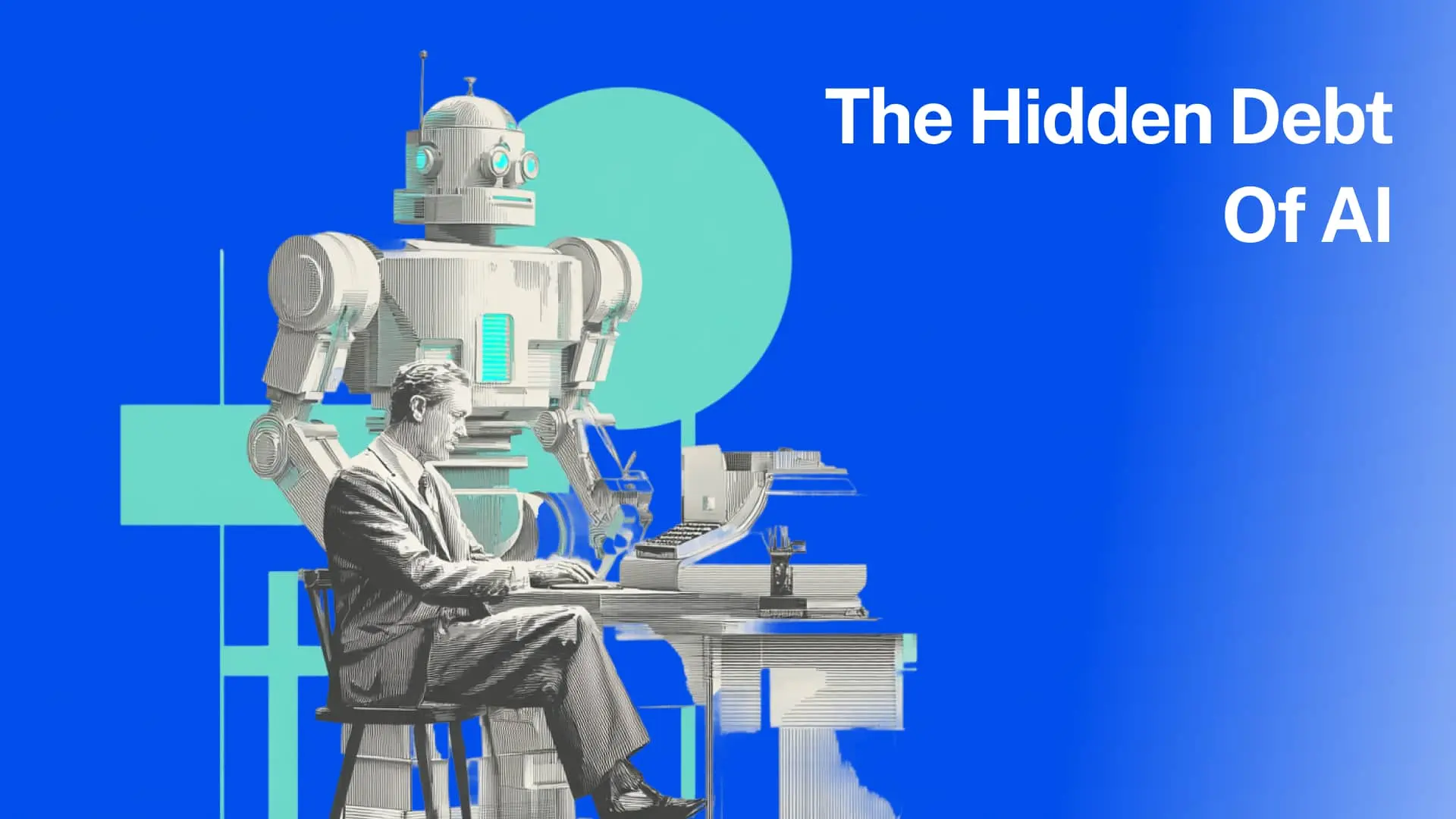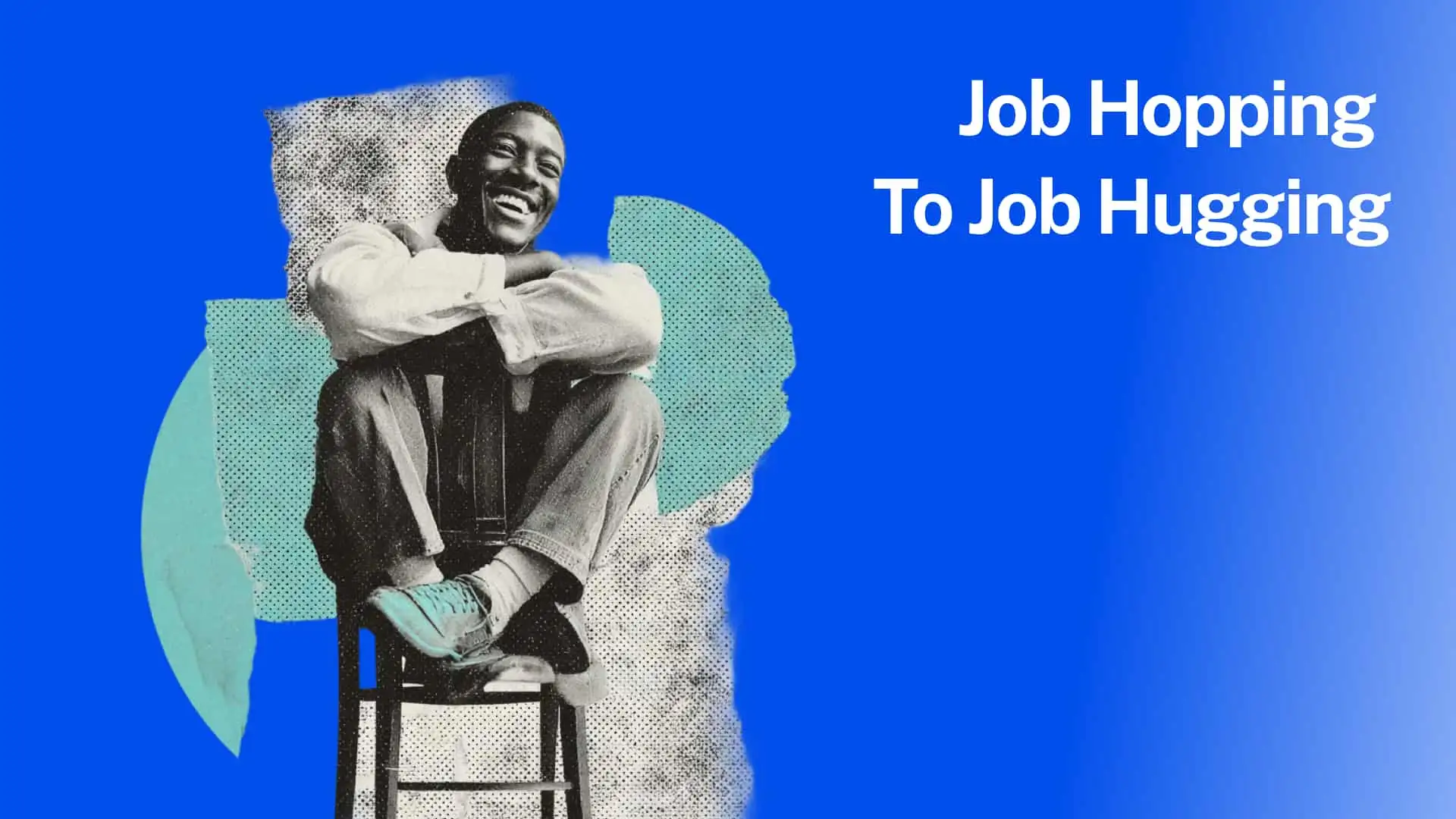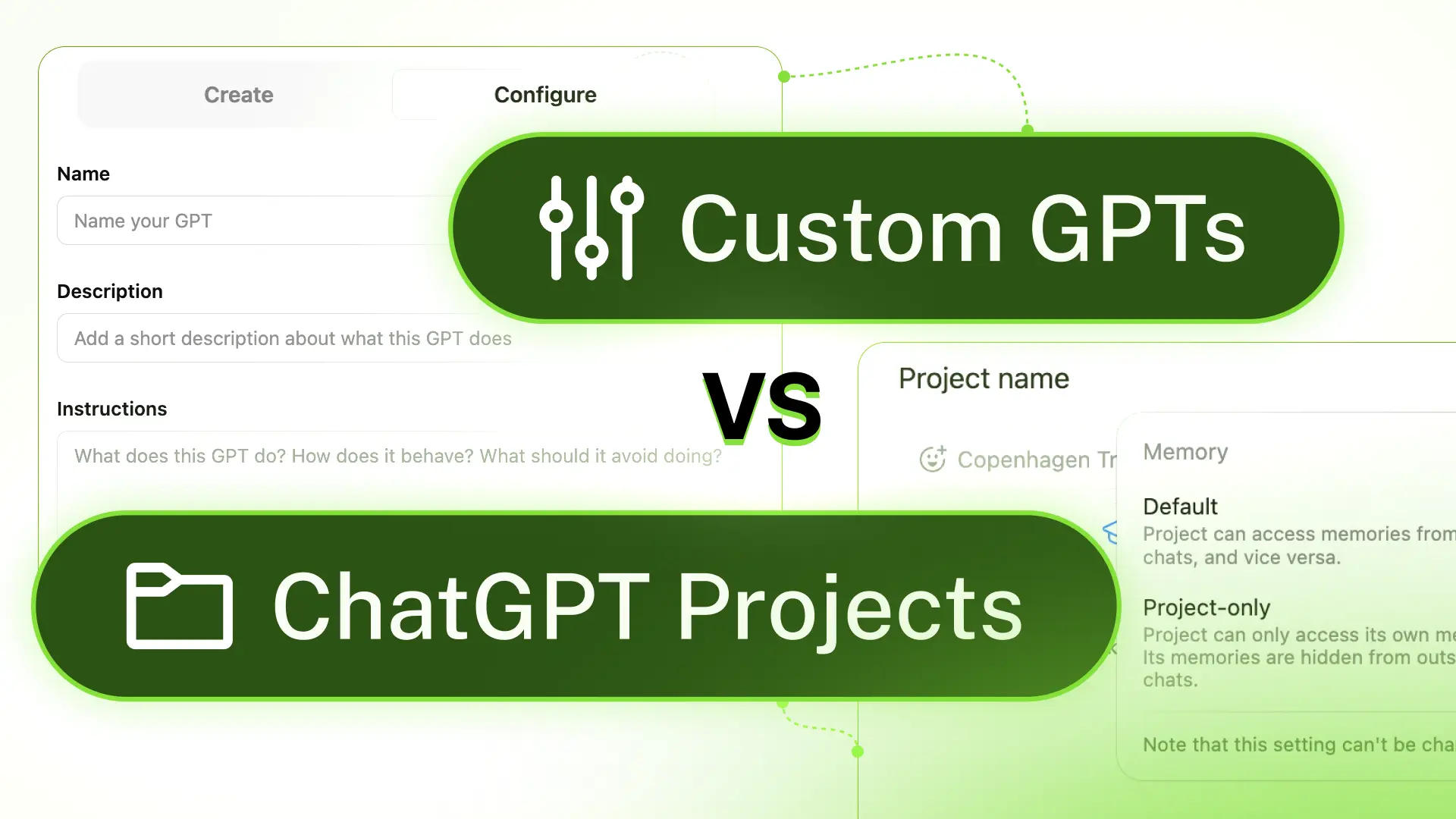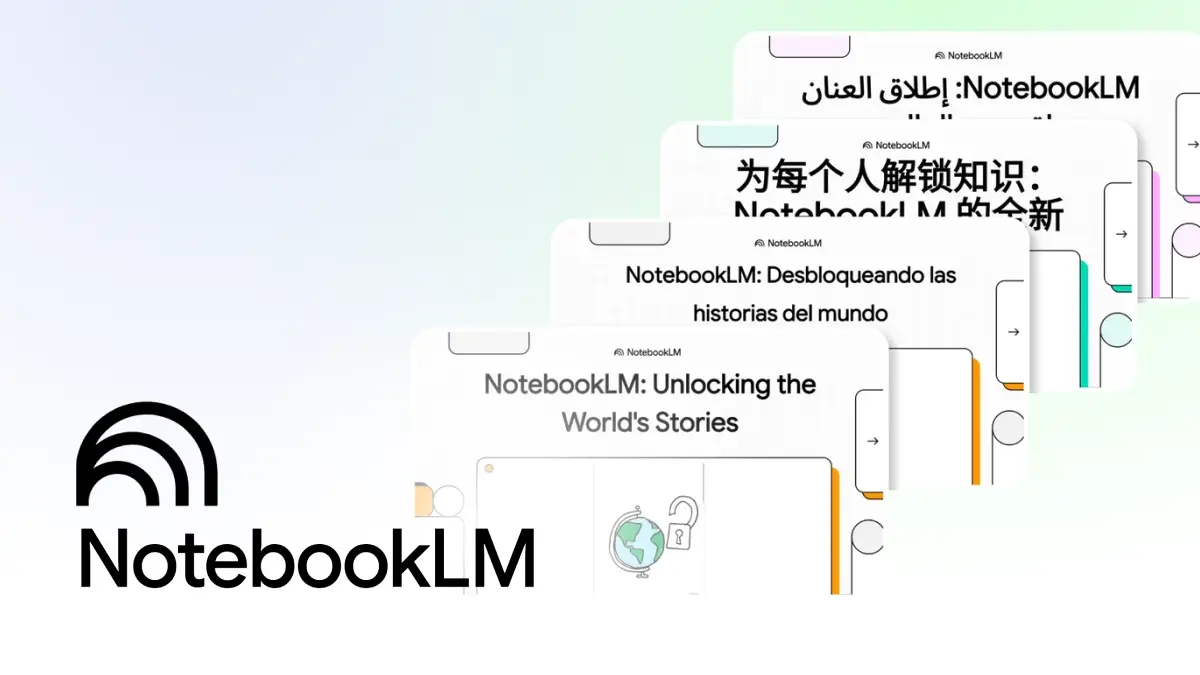
🎧 Listen Now:
Welcome to Future Work, the podcast for HR professionals navigating the fast-changing world of work. Each episode equips you with the insights and tools to lead today and prepare for what's next.
In today’s episode, I’m joined by David Turetsky, CHRO and VP of Consulting at salary.com. We’ll explore how total rewards and upskilling can transform your HR strategy, why investing in people is more important than ever, and how to align HR’s role with long-term business success.
Key Takeaways:
- Total rewards are more than just compensation: They encompass salary, benefits, career development, culture, and upskilling, all of which contribute to motivating employees and driving business success.
- Shift HR from a cost center to a business function: HR needs to be viewed as a value-generating function, where investments in people are seen as strategic contributions to the organization’s long-term goals.
- Upskilling is critical for future success: Investing in employee development, particularly in areas like AI and emerging technologies, is crucial for staying competitive and adapting to the future of work.
- Personalization is the future of rewards: Companies should consider offering flexible reward structures that cater to individual employee needs, such as health spend accounts or customizable compensation packages.
- Communicate ROI of HR initiatives effectively: HR leaders need to collaborate with finance and other departments to demonstrate the ROI of total rewards and training programs, positioning them as investments rather than costs.
Tim Reitsma: David, please take a moment and introduce yourself to the audience.
David Turetsky: Hi, my name is David Turetsky. I am the CHRO and VP of consulting with salary.com. We're a 25-year-old startup in the total rewards space. Our job is to help companies be able to figure out how to pay their employees in the most effective way possible and to really think about their future. How does your job work?
I love helping companies be able to figure out how you connect people. And the future of what they do to the success of an organization as a consultant makes me wake up in the morning with a smile on my face.
Tim Reitsma: That's fantastic. And that's just such a great lead into our conversation.
This season of the FlexOS show is really looking at HR in the future of work, and when we think of total rewards, we think of how we can not just get you out of bed to do your consulting but also get employees out of bed.
I know you're, you love the data. You love being able to take that data and translate that into a story. What are you seeing right now?
David Turetsky: So the word total rewards means a lot of things to a lot of people. In the old days, we used to talk about total rewards as being what you were paid. And in fact, you can deconstruct it a little bit.
There used to be this concept of base salary, total cash compensation, and total direct compensation. And if you're a comp person, you know exactly what that means. If you're not, basically think of your base pay as what you do when you come to work; you get a base pay, you work a number of hours, and you get paid that amount of money. Total cash compensation includes all the pieces of cash that you get, including any overtime and any incentives you get that are cash-based, and total direct compensation adds in any components of deferred compensation or executive compensation.
Then total rewards used to be just thinking about. All of those payments, total direct compensation, plus benefits. The world of HR has evolved a little bit, though, and so when I think about total rewards today, I think about, as you mentioned, all the things that get people out of bed to be able to do something that's work-based in order to be able to feed their families or take care of themselves or whatnot.
So it includes things like your career, your skills, your training, the culture of an organization, and the way they communicate with their employees. The way you set yourself up for success as a team. The way you interact with others in an organization, the culture of the organization on steroids. To me, total rewards presents the entirety of the relationship between an employee, even beyond just an employee, a candidate, or an alum at an organization.
How does it make you feel? How do you get excited about your work? All those things really come into play when we're talking about what total rewards mean.
Tim Reitsma: It sounds a lot more “complicated” than what it used to be where it was. Okay, we give you some vacation. We give you some, maybe a little bit of retirement money. We give you some benefits, and we pay you, and away you go.
And we've seen it evolve. There's now organizations that boast an incredible amount of total rewards, but it's directly tied to that culture. Maybe an organization is stuck in that mindset that this is just an expense. So I don't want to add any more expenses.
How do we translate total rewards into something that is now adding value or potentially adding revenue?
David Turetsky: If you think about people as being your biggest asset, then you have to think about total rewards and the relationship between those employees and your success as being beyond just cost.
It's your differentiator. It's your innovation. It's the way in which you're going to succeed, not just today but in the future. If you consider it just a cost, you're missing the point. The point is that without those people, without those innovators, without those culture leaders, without the people who take care of your customers and your clients, then you don't exist.
And considering it to be an investment in the future, considering it to be a leap into how do I make sure that the company will succeed, not just today, but in the future, becomes more of an investment. This comes up often when we start talking about training programs and we talk about how do we see people being able to be successful tomorrow?
You don't get skills by just waking up, going to work, or going to bed. I mean, you could do some on-the-job training, but you have to invest in people, invest in time, invest in resources, and invest in education for them to grow.
I'll give you an example. Everybody's heard this acronym. Artificial Intelligence, AI. It's coming up in every single conversation I had. In fact, when I was doing my podcast at HR Tech, I had 15 conversations with leaders across HR technology, and every single one of them mentioned it at least a thousand times in our podcast. But that doesn't actually happen through osmosis. You can read the newspaper, but that doesn't give you the skills you need to be able to leverage artificial intelligence in the work you do.
So we have to start upscaling and training people on what this means to them. How can we invest in them so that we can get on the right paths to be able to take advantage of this? Because it's a tool that every organization is looking at. Every organization already has some kind of presence in artificial intelligence, whether they like it or not.
But yet we're not leveraging it to the extent we can; you need skills. And to me, one part of total rewards that we completely gloss over is that investment in people and that ability to grow their skills and be able to see them for tomorrow.
Tim Reitsma: I think it's such an important point you're making, which is expanding our minds more than just looking down that benefit sheet of what somebody is getting. But employee, you're getting three weeks of vacation. That's great. But how are we not just upskilling our teams for today but for the future and investing in our teams and wrapping that in that total reward package?
I can imagine an organization posting out a job ad saying we are not just leading in technology, but everybody is going through courses and training, regardless if you are sitting at the front reception desk. If you have a physical building or if you are the CEO of the organization, everyone has a robust training plan.
Again, I was reading a stat. I can't remember the exact stat. I was reading a stat about D&I initiatives as an example and how people are cutting budgets extensively. I do some disability inclusion work, and people are cutting their budgets because they're thinking it's the cost center.
I just got to cut this and the same with training plans. We're struggling. So we're going to access out.
What are your thoughts on that? When we have to balance “the books” and we're seeing total rewards being penalized for it.
David Turetsky: There's always that myopia of where I can cut and what's not in favor, and take an axe to it. I consider it to be myopia because, really, to me, it's a negative connotation.
As you put it, one of the things we should be leaning into in dark and terrible times or tough economic times, lean into your people, invest in your people for the recovery, and we've heard this a number of times, reskilling and upskilling instead of reorganizing and downstaffing and how the investment in your people comes back to you in multiples after the turnaround, because now it's not just about people trying to find jobs in a bad economic environment, but now that you've shown them that you're going to invest in them and that you're investing for the future, it actually has multiples of not just confidence in the organization, confidence in leadership, but it also shows that, for lack of a better way of saying it, you're a mensch, you're doing the right thing. You're helping the community, you're helping your organization, and you're helping your people be able to not just ride out the storm but also to grow and to extend into areas that they wouldn't have been able to because of a lack of investment.
So to me, that myopia needs to change. Ask your investors to make that investment with you. Ask your ownership to be able to put their money where their mouth is and double down on their people and their investment in the future by reskilling and upskilling and being able to get that receptionist all the way through to the CEO; get them the skills they need for tomorrow, especially during the tough times.
Tim Reitsma: It brings me to even the theme of this season, which is HR in the Future of Work. And we need to reorient our organizations from looking at HR in total rewards and everything that wraps around HR as a cost center into a business function. I think that's where the conversation needs to start because if we're going to look at the future, we have to look at it as that business function.
If somebody is listening to this, they're in HR; they’re may be a CPO or director executive. Maybe they're just starting their career. What are the words that we can give them to say that this matters: total rewards? Having this seat and investing in our people is something we need to do.
David Turetsky: If you have a good relationship with your CFO. And the CFO says, Come on, what's the ROI behind this? It's really got to be where you sit down with the CFO and talk about what the ROI would be without it. Being able to introduce a concept of total rewards where we talk about culture, we talk about training, we talk about upskilling, we talk about being able to create bench strength for succession, that strengthens an organization.
So we can create ROI around retention metrics. We can create ROI around being able to, instead of hiring, which costs a ton of money, retain, which doesn't cost as much. So there are lots of ways of being able to create that ROI in order to be able to satisfy the need of the CFO.
To me, it comes down to, Where are you in your life cycle as an organization? Where are you in your successor, or are you having struggles right now? What are the reasons for those struggles? Are you able to be able to withstand economic headwinds and be able to get beyond them and show the future of being able to have a really strong value proposition, which is your total rewards value proposition to your employees, your shareholders, and your customers, which says, We're going to grow our organization by investing in our people and being able to give them the appropriate skills necessary for today as well as tomorrow?
If it comes down to economics and we're having this conversation and the CFO basically says, look, I got a cut either headcount or I got to cut costs here or there, you got to make tough choices. But to me, don't cut the things that differentiate yourselves. Don't cut the things that create your culture.
And certainly don't have that myopia that you're going to basically regret in two or three years when you say, You know what? When we went through those tough times, we let a lot of really high performers go, or we let a lot of people go who could have been high performers. I wish we didn't. Unfortunately, it happens.
Tim Reitsma: It happens all the time. We're still seeing it happen. I worked for an organization many years ago, and they had made it clear that they would be one of the best in their industry, not the best. And because they had set that purpose, they had stockpiled a lot of money. The total rewards were something that I have never experienced ever again in my career.
The founders ended up selling the company, and the company changed dramatically, but for 20 years, they had said, This is how we're going to operate, and they stood by it. We had economic headwinds. Nobody lost a job. In fact, they invested more and more into the turnover, which was something that was almost nonexistent.
And so it's possible. And I feel like, from an HR perspective, you're upscaling yourself, even in the business language, the terms to have that conversation with your CFO, because they're looking at the numbers, and that's their directive.
So having that conversation, somebody in HR, maybe they're like now Googling, okay, I need to take a business course. What would you recommend to be able to have that conversation? Because I think it's important.
David Turetsky: SHRM has some really great educational resources, and actually WorldatWork too has great educational resources for you. So if you're not members of those organizations, I suggest you look into them. If not, become the best friend of the CFO.
If the CFO is up here and you're not up there, just get a finance leader or a finance manager. And become their best friend and really sit down with them and talk to them about the language of the business.
You mentioned a few things that, as a CPO, as a business leader, and as a former business owner, I had to learn the language of business. I had to invest time into understanding what EBITDA was, what earned value is, and how it gets calculated. And I think what we really have to do is reach outside of our organizations and do a little bit of investigation as well as a little bit of handholding for our teams as well to be able to learn and upskill on those things as well.
I wish there was an idiot's guide to business, for HR is probably giving somebody a shoutout, but we really do need to become more fluent in the language of business and how small changes in interest rates and small changes in the economy affect our organization, our business, and our employees.
I think if we're not experts in that, unfortunately, we're going to get run over by the CFO and by the business leaders because they're going to say, Look, you don't understand what's going on here, and they're going to be right. So I think we really need to invest that time and those educational resources.
Tim Reitsma: If there isn't a resource, then maybe there's something we'll follow up with; we'll create a course, a curriculum. It won't take much, but I remember getting a cheat sheet when I first entered into a leadership role: Here's the definition of the terms, here's some calculations, and here's some examples.
And we all had to go through this mandatory training on the basics. So we could have. An actual conversation about earned value and EBITDA. It's so important.
David Turetsky: One of the things that I really encourage organizations to do is have the leaders of your organizations actually have communications to all employees, not just HR, but to all employees talking about here are our business goals.
And here's how that translates to what you do, and there could be or there should be glossaries that are attached to that, which say, Hey, yeah, EBITDA is a very important metric for us and our shareholders, and this is what EBITDA is, and so we have to look at interest, depreciation, taxes, and amortization.
And here's what those things actually are. And here's how you contribute to those things. Without having that, we're really missing a step in things like when we talk about total rewards, things like the incentive processes, because your incentives are probably built on EBITDA as being one of the key measures.
And so if people don't understand what EBITDA is, they're going to be like, Hey, how do I deal with this? How do I use this as a lever to be able to translate to what I do? And so communications from senior leaders about these are our goals, and these are how we achieve them. That's great. And that's important.
And that's hygiene. We should be doing that all the time. But then translating that to the idiots guide to, people like me who need to have that cheat sheet to say, and here's how this translates to what you do. I think those are all critical and should be somewhat hygienic. They should be things that are actually normally done as a course of business.
Tim Reitsma: Taking it right back to total rewards as somebody who might be listening to this and they're not part of HR; maybe they're somewhere in an organization, and I'm even thinking back to my incentive plans in previous organizations, and it's tied to revenue or it's tied to profitability.
Okay, how am I, as an individual contributor, able to support that? And I've gone into organizations and coached and consulted in organizations to create a plan. Sure, you've got your corporate goals, which are to achieve X revenue, but how does that translate to everybody in the organization? How can everybody influence that by breaking it down and creating those accountability plans, creating those performance metrics, and not from a place of performance of doom and gloom but from a total rewards perspective of, like, look, if the business is extremely profitable, everybody's going to make more money?
It's as simple as that, or you're going to be able to fund these other programs.
David Turetsky: So I'll give you two examples of where we fail at this. First of all, when we write incentive plans, we're usually writing them in the language of HR and compensation and we're not writing them in the language of the people who are actually consuming them.
So I've been working with a lot of organizations right now, especially in the era of pay transparency, to simplify and to speak the language of the participants so that they clearly understand what eligibility means. What does proration mean? Why do you need to worry about those things?
And so what you're talking about, Tim of revenue and the targets that we set. There are two aspects of that I want to touch on. But first we have to simplify it. Second of all, when we're setting goals of people for people, we need to make sure that those goals have line of sight. So when the goals are set at the upper levels of revenue and EBITDA and whatnot, those have to then cascade down to the people who are actually producing against them.
So there are realistic expectations about what's their contribution. What's the budgeted contribution? What's their target contribution against those? And that affects how much their payouts are.
So if I know what my target is that I have to hit in order to be able to achieve target pay, that's great. That enables me to have a line of sight to understand what I need to do in order to do that. So we do a very poor job of that today, because when we communicate these things, we're usually communicating them on timeframes that don't make sense. either on an annualized basis, or we're doing too granular and doing it on a monthly basis.
Sometimes it's on a quarterly basis, which is a little more easily consumed as well as achieved. And that's the next thing I want to talk about. When you have business cycles that go beyond the timeframes that your budgets or quotas are set at, it makes it very hard for participants in incentive plans to be able to achieve those because if the time period to close a deal is three months but you're on a monthly quota system, then you're going to constantly be missing unless you create a backlog of deals in order to be able to facilitate having a monthly quota or be able to have that monthly quota be satisfied.
And so you need to have the appropriate cadence, meaning what's the right timing for an incentive plan payout or for an incentive plan to take effect for the person who's in a job that fits the cadence of work. Because otherwise people are going to be constantly frustrated by, listen, I'm doing my job. I'm selling. It just takes three or four months to close a deal. And my quote is monthly.
So I either have to set up that cadence of being able to get all those leads in order to be able to facilitate that. And when it comes to total rewards, if you're missing it on a major component of your pay on a regular basis, that hurts your ability to live, and that hurts your ability to earn what you think you should be earning from a targeted total rewards perspective.
To me, it comes back to, you have to be able to set the right targets for people. You have to translate what those mean. You have to simplify the language of what those plans develop for you, and you have to make sure that the cadence of the work and the cadence of the timing of those payments actually match.
Tim Reitsma: And this goes beyond your sales organization. This goes down to everybody in the organization.
You hit on something that's really important. Again, when we think about the future of work, we think about the cost of living. And I live in Vancouver, British Columbia, Canada, one of the most expensive cities in the world. And I hear it all the time where our salaries aren't keeping up with our cost of living.
And they aren't, but also businesses can't afford to keep up. But there's other things that we could do as long as we're able to support people from that living wage perspective, or maybe your business is small and you just can't afford these big salaries. We need to think beyond that.
We think of Maslow's higher creative needs. I don't know why, but I've been using that for over the last few weeks, more than I have in the last few years. But we think about how we are taking care of that baseline. And then we think about, okay, how do we take care of people beyond just, okay, their salary, their putting food on the table? What other things can we offer people?
Disability inclusion space. So flexibility is the number one accommodation out there. So how do we build that in? There's things that we can do from a total rewards perspective that don't fit in that traditional cash, total cash calculation.
What are you seeing as trends, and where do you see total rewards even going, based on some of that data or conversations you're having?
David Turetsky: It's a great point, Tim, and I think a lot of people are struggling right now with working paycheck to paycheck, trying to satisfy those basic needs you were talking about. And a lot of them are turning to gig work to be able to fill in gaps in their pay. I would not consult with you to have a gig on top of a full-time job. That's a really dumb idea. A really bad idea.
But if you feel like that you're not being able to make ends meet and you need to supplement your pay, I would have conversations with your boss and just lay it out there. One of the things we're going to see in the future of work is personalization. Our HR systems, basically our cultural systems, have become more personalized because we now realize that people are human and we can't fit everybody into a box.
And so we're not in the 1940s or 1950s where the US government creates salary grades and everybody's integrated, and we have a salary range, and that's what it is. People are people. And now, we're recognizing that more and the youngest generation is actually pushing us to be much more personalized in terms of how they get paid when they get paid.
We're seeing this coming into regulations, whether it's California and being very on top of, if I want to get paid today, I can, but I think what we're going to be seeing in the future is an ability for employees, individuals to be able to say, look, I want to get paid differently.
I don't need this or that or the other thing. I don't need benefits like this or that. I need more base pay, or I don't really believe in the incentive mechanisms that we have. Here's how I want things to work. I think you can actually ask for those things. You may not get them. But there's no harm in actually asking.
Now, if your organizations are more rigid, they may not do that. And in an era of pay transparency, we're going to start opening up how our pay systems work. We're going to see more documentation about it. We're going to see more flexibility and being able to show people what their futures look like with career frameworks and whatnot and skills attached to job descriptions. So you can see where you might fit an organization further on.
So having the ability to have conversations with your manager in HR about where I fit in and how I earn more money? This is what fits me better now, or this is what I need now. There's no reason why you can't start that today.
I'm not saying that they'll say yes. I'm saying this is where the future is going. The future is personalization. The future is being able to ask for things and get them, whether it's accommodations for taking care of a sick parent or a sick child, or whether it's accommodations for working at home. We are seeing RTOs return to work and return to the office, more so now than ever since the pandemic.
But still, there's no reason why you can't ask. And they may say no. But there's also this thing called the Internet. And if you don't find what you need inside your organization, look elsewhere and see who might be able to facilitate that. But first, start with your HR organization. Start with your manager and see if they will be accommodating.
Tim Reitsma: And that's where HR's role needs to be: to think progressively. This is the way we've always done it, but what do we need to do?
And I find that myself included; it's sometimes hard to dream a little bit to think about that future to think about, to remove distractions, maybe brainstorm with a whiteboard virtual or in person and think about putting total rewards on the top of your whiteboard and think about just what you said, David, is that personalization? What can we offer?
I support an organization where they've got great benefits, but what they do is they give everyone a health spend account because they know they've got young people who might want to go skiing and that health spend account is taxable, but can go buy a pass to one of our local mountains because they don't need eye coverage or dental coverage.
So they choose to spend it how they want. And it's a set amount. Nobody complains when they run out because they've chosen to spend it a certain way, and I love it. I
David Turetsky: Tim, that's exactly what I'm talking about. Why not give a person a budget and say, You can spend this any way you want?
You could have it be a base pay element. You could have it be an incentive element. You could have it be a benefit element. We used to have these things called cafeteria plans where you got to choose. You had an amount of money to spend on anything you wanted. Those went away taxation or whatever, or just they didn't fit the world anymore, but why not allow people to feel more personalized?
Now, of course, because of constructive receipt, the way our taxation works, constructive receipt means you have to need to elect this a year ahead of time. Okay, so we take one year at a time, and we say, This is how I want to get paid for next year. And this is how I want to get paid in this specific way.
And then you live with it for a year. And then next year, when the election comes up, you get to do it again. There's no reason why that can't happen, and to be honest with you, in the old days, we used to say, No, this is the way we do things.
In the new way, just ask and see if it'll happen. And this is the way it should be. Our systems can support it. We have really great technologies that enable us to do these things right now. So why can't we do them?
Tim Reitsma: As an HR person or even a business leader, if you're listening to this, there's amazing companies out there who specialize in this, so you could tap into all of the resources and even use AI. Your brainstorm partner is when you think about total rewards in the future. Think about personalization, a one-page plan that I could present to the executive, and it might not get by today, but you're having that conversation.
So the CEO might be at a conference in a year, and somebody might mention personalization of rewards, and they're going to remember you for bringing it up and because you are thinking about it. And that's how we need to approach this future of work and future of total rewards: handing somebody a good base salary, and here's some options at a private company, that is, the piece of paper is worth more than those options just doesn't fly anymore.
It's not just saying, Here's your options, but here's our plan. We plan to go public. We plan to exit. We plan to do this. That overcommunication.
You know what I'm getting out of our conversation, David, is HR upskilling yourself. We're going to create, or maybe I'm going to talk to Daan and founder of FlexOS, Hey, we need to create a course around this, just a financial aspect of business to skill yourselves, to have these conversations, because we need to move it from a cost center to a business function. I know we can do that.
Do you have any examples of, kind of put you on the spot here, but any examples that you've seen where this has been done successfully?
David Turetsky: As I mentioned before, organizations need to have leaders translate business goals into, very clearly, what this means for the organization. I was part of a manufacturing organization that was 100 years old, and they were changing the way in which their business goals were, I guess you could say measured, and they went from EBITDA to earn value to EVA, and we needed to have coursework across the entire organization on how EVA is calculated. What did it mean to us, especially in our organization? We were a 100-year-old medical technology and a consumer goods manufacturer.
And we needed to basically tell everybody in each of the individual businesses what it meant to them. And we went on roadshows to talk about what was the new way of actually calculating EVA for us, as well as what it meant for the incentive plans. What did it mean for our stock price? What did it mean for how business decisions got made?
And we really invested the time to tell people all about it. Now, it costs a lot of money to do that, and it took a lot of time, but because we valued that metric as being the way in which we were going to be more successful for the next 100 years, we spent the time and we invested in people. We got back a lot of great questions about, How does this work?
I don't really understand it. Can you translate it into English? I actually had it translated into multiple languages since we're a global organization. And we really need to make sure everybody really fully understands it. So, it took time and effort, and then we needed to re-architect each of the incentive programs so that there were very clear targets and people really understood.
Now if it were today I would make them much simpler; if it were today I would make it really an idiot's guide to it all, but this was back in the 90s and it was still the old way of doing things, which was this is it, this is how it works. Understand it no matter who you are.
But it did work though, and we did get a lot of great questions, and it did solve the problem of being able to utilize this metric in a new way inside our organization. People did appreciate all of that training. Did they all take it? No, but that was very clear once they didn't meet their goals.
So you had other conversations about Hey, listen, you need to get on this. You need to understand it. So I think it really does take upskilling and reskilling when you're trying to move your culture when you're trying to change the underlying systems that the architecture of your organization has been built on and realizing that this is not just a CFO's issue. This isn't just an operations issue.
Everything comes back to HR. And when you invest time and money to make sure HR is included in those things. And it actually has a better result than just hoping and praying that it all works out.
Tim Reitsma: I always ask as we wind up the episode, just what's that one thing an HR person can take away today to plan for the future of work?
And I think there's a real theme of total rewards, but also just upskilling yourself and understanding business.
David Turetsky: If you're not learning and you're not training, then you're standing still, and the fact that you're listening to a podcast is actually a good start. There are lots of podcasts. There are many podcasts that actually talk about upskilling and reskilling that do a really good job of being able to explain it, but also take courses.
As I said, WorldatWork, which is focused on the total rewards industry, and SHRM, which I'm pretty sure everybody understands and knows is the HR body for learning and education, and I would start with those two. And if you don't see it, then come back to Tim and myself; we'll create one for FlexOS.
Tim Reitsma: I love that. Just do your quick little search, or if you're playing around with AI, just head to ChatGPT or whatever AI tool is just saying, Hey, I need to upscale myself in a basic way to understand business. So I can sit at the executive table and talk in the terms that the CFO and CEO understand.
We had a broad conversation, and we've narrowed it down to a few things, which are: upscale yourself and plan for that future. I'm on the salary.com website, the company that you're part of, and it's very straightforward; make fair pay reality. And so if somebody listening to this just wants to know more, where can they find you?
David Turetsky: I'm the host of the HR Data Labs podcast, and so you can find me there. We post every Thursday, and so you can definitely check us out there. But also salary.com; as you mentioned, Tim, we're part of the consulting organization, and we actually help organizations figure out how to take the next step on things like this.
But I would say generally speaking, either salary.com or the HR Day Labs podcast, you can find me there.
Tim Reitsma: Oh, that's great. Make sure we have those links in the show notes as well.
David, I've learned a lot. I felt my brain actually being stretched a little bit because it's so easy in the day-to-day to think in such a narrow way as myself, even as a fractional HR advisor. So thanks for stretching my brain today.
David Turetsky: Thank you. It was a pleasure. I loved the conversation.






















